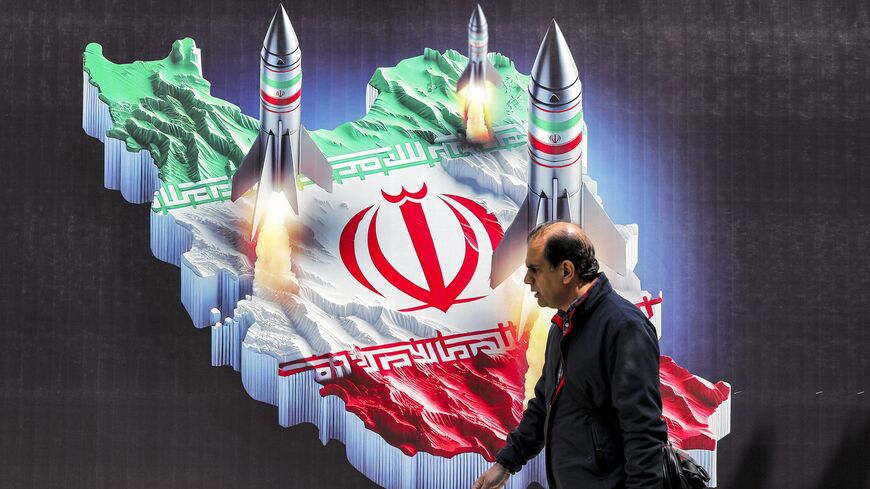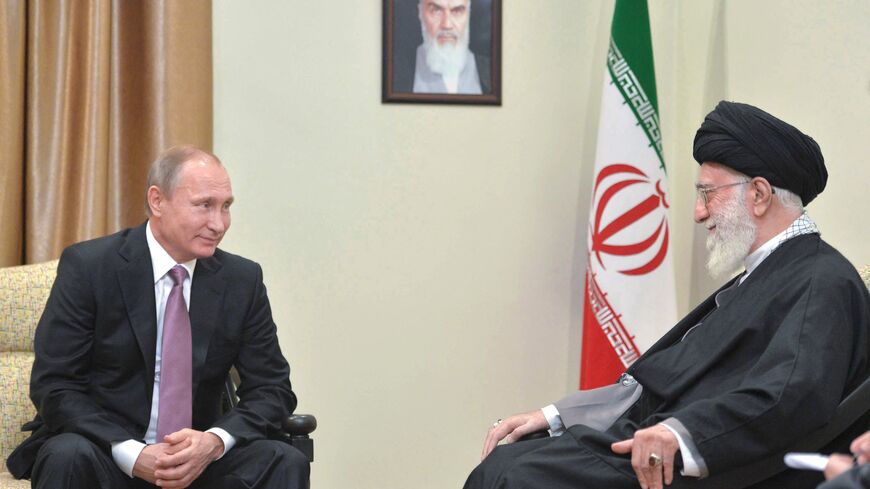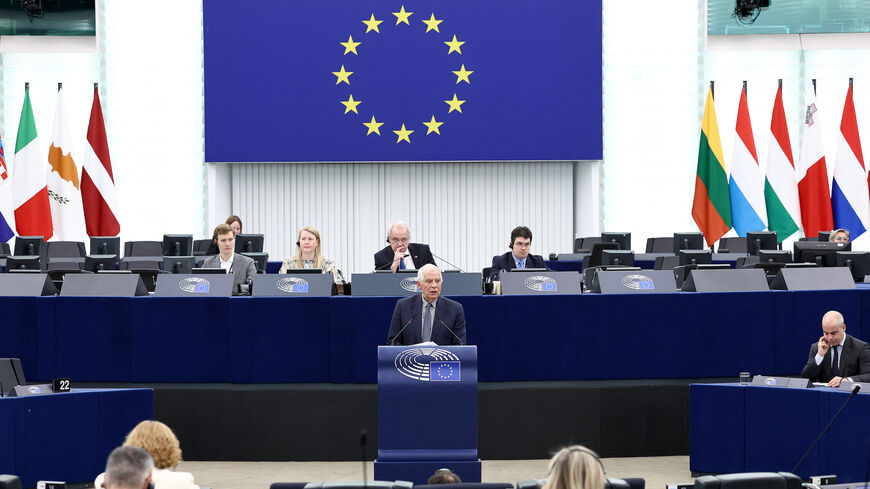US confirms Russia received ballistic missiles from Iran
The Biden administration announced sanctions on Iran’s flagship airline and individuals it said helped enable the delivery of Iranian drones and missiles to Russia.

WASHINGTON — Russia has received short-range ballistic missiles from Iran and is expected to use them on the Ukrainian battlefield within weeks, US Secretary of State Antony Blinken said Tuesday, vowing additional US sanctions against Tehran.
“The supply of Iranian missiles enables Russia to use more of its arsenal for targets that are further from the front line, while dedicating the new missiles it's receiving from Iran to closer range targets,” Blinken said in a news conference in London alongside his British counterpart, David Lammy.
Blinken said that dozens of Russian military personnel have been trained in Iran to use the Fath-360 close-range ballistic missile system, which has a maximum range of 75 miles (120 kilometers). In exchange for the Iranian missiles, he said Moscow is sharing technology with Tehran, including on nuclear issues and space.
“This development and the growing cooperation between Russia and Iran threatens European security and demonstrates how Iran's destabilizing influence reaches far beyond the Middle East,” Blinken said.
The Group of Seven industrialized nations threatened in March to respond to any Iranian missile transfer with coordinated sanctions.
The US government unveiled sanctions Tuesday on more than a dozen people and entities based in Iran and Russia allegedly involved in the proliferation of Iranian weapons systems to Russia. Among the targets was the Iranian flagship carrier Iran Air, which the Treasury Department accused in a news release of transporting goods on behalf of Iran’s Islamic Revolutionary Guard Corps.
In a joint statement Tuesday, the United Kingdom, France and Germany announced they would work to impose sanctions on Iran Air as well as take immediate steps to cancel bilateral air service agreements with the country.
Lammy said the missile deliveries marked a "dangerous escalation" in a “disturbing pattern of greater Iranian support for the Kremlin’s illegal war.”
Blinken and Lammy announced they will be jointly traveling to Kyiv on Wednesday to discuss continued support for Ukraine’s defense with its president, Volodymyr Zelenskyy, and senior Ukrainian government officials.
The missile delivery is evidence of a deepening military partnership that’s already seen Iran send hundreds of cheap one-way attack drones to Russia during its two-and-a-half-year war against Ukraine. Western officials say Russia has used the Iranian "Shahed" drones to overwhelm Ukrainian air defenses while targeting civilians and critical infrastructure across the country.
Gregory Brew, Eurasia Group's country analyst for Iran, said the ballistic missiles will free up Russia to use its own missiles against targets deeper inside Ukraine.
“Hundreds of Iranian short-range ballistic missiles augment Russia's existing capabilities and suggest that it may be gaining even more of an upper hand over Ukraine,” Brew told Al-Monitor.
The missile delivery was first reported by the Wall Street Journal.
The news follows the July election of a new Iranian president who campaigned on greater engagement with the West. Iranian President Masoud Pezeshkian has pledged to negotiate directly with the United States and Europe to lift the sanctions that have taken a major toll on Iran’s economy. Tensions between Washington and Tehran remain high over the accelerating Iranian nuclear program as well as Iranian support for Hamas and other regional militant groups.
“Iran’s new president and foreign minister have repeatedly said that they want to restore engagement with Europe, they want to receive sanctions relief,” Blinken said. “Destabilizing actions like these will achieve exactly the opposite.”
Iran denied carrying out the missile transfer, with its mission to the United Nations saying in a statement Friday that it doesn’t provide military support to either side in the Russia-Ukraine war.
The Russian government did not refute the reports. Kremlin spokesperson Dmitry Peskov said Monday, “This kind of information is not true every time.”
“Iran is our important partner,” Peskov continued. “We are developing our trade and economic relations. We are developing our cooperation and dialogue in all possible areas, including the most sensitive ones.”
On Monday, the Ukraine's Foreign Ministry summoned Iran's charge d'affaires, Shahriar Amouzegar, to warn the missile delivery would have "devastating and irreparable consequences" for relations between Ukraine and Iran.
This developing story has been updated since initial publication.








